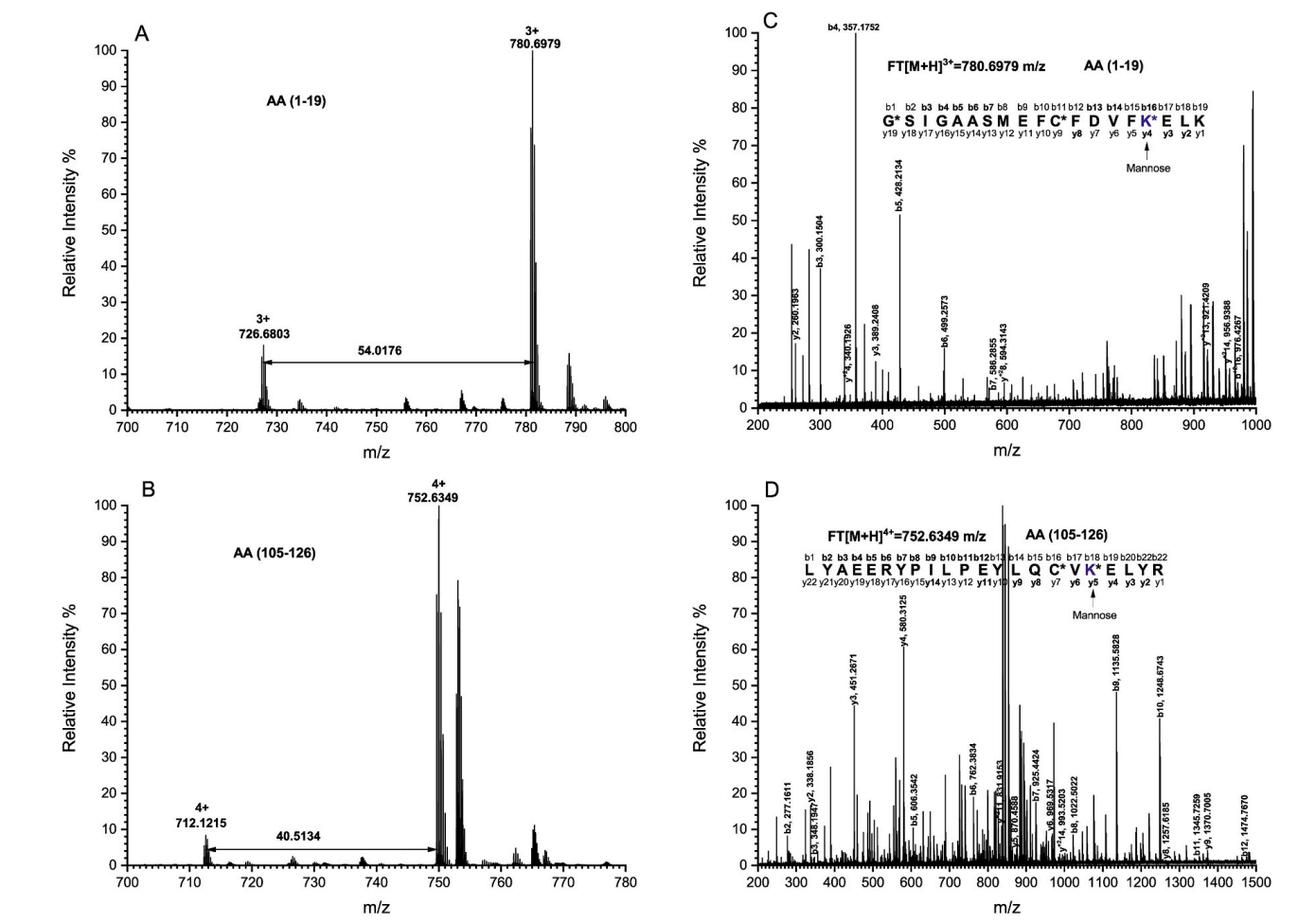IgE Antibody Sequencing Service
Antibodies are proteins produced by B cells that recognize and neutralize foreign substances (antigens). They are classified into five main subtypes based on their structure and function: IgG, IgA, IgM, IgE, and IgD. Despite their low serum concentration, IgE antibodies play a crucial role in the immune response, particularly in allergic reactions and defense against parasitic infections. IgE binds to high-affinity IgE receptors on the surface of mast cells and basophils. Upon re-exposure to allergens, these cells release chemical mediators such as histamine, triggering allergic symptoms.
Accurate IgE antibody sequencing is critical for the study, diagnosis, and treatment of allergic diseases. MtoZ Biolabs offers cutting-edge IgE antibody sequencing using mass spectrometry (MS) technology, enhanced by extensive bioinformatics expertise. This combination delivers highly sensitive and precise results, advancing both scientific research and clinical practice.
Analysis Workflow
1. Sample Preparation
Collect biological samples containing IgE antibodies.
2. Antibody Extraction and Purification
Employ specific affinity chromatography techniques to isolate and purify IgE antibodies.
3. Enzymatic Digestion
Process the antibodies with enzymes to generate suitable fragments for MS.
4. LC-MS/MS Analysis
Conduct separation of antibody fragments via LC followed by precise measurement using LC-MS/MS.
5. Data Analysis
Analyze the MS data with advanced bioinformatics tools to determine the antibody sequences.
Service Advantages
1. High Sensitivity and Accuracy
Capable of accurately detecting and analyzing IgE antibody sequences in trace samples.
2. Comprehensive Coverage
Provides complete IgE antibody sequence information, including all critical peptide segments.
3. Rapid Efficiency
Streamlines the entire workflow from sample reception to final report, significantly reducing research time.
4. Versatility
Not only sequences IgE antibodies but also analyzes their post-translational modifications (PTMs).
Sample Submission Requirements
1. Sample Types: Serum, tissue samples, purified proteins, etc.
2. Sample Volume: A minimum of 1-2 mL of serum or an equivalent amount of other samples.
3. Sample Preservation: Samples should be transported and stored at low temperatures, preferably using dry ice or liquid nitrogen.
Applications
1. Allergen Identification
Identify and analyze specific IgE antibodies responsible for allergic reactions.
2. Disease Diagnosis
Diagnose and monitor allergic diseases and parasitic infections associated with IgE antibodies.
3. Immunology Research
Investigate the functions and mechanisms of IgE antibodies in basic immunology research.
4. Biopharmaceuticals
Aid in the development of IgE antibody-based biopharmaceuticals, promoting personalized treatment strategies.
Sample Results
Functional Properties of Ovalbumin Improved by Ultrasonic Saccharification Using High-Resolution MS

Yang, W. H. et al. Food Hydrocoll. 2021.
Deliverables
1. Experimental Procedures
2. Relevant Mass Spectrometry Parameters
3. Detailed Information on IgE Antibody Sequence Analysis
4. Mass Spectrometry Images
5. Raw Data
FAQ
Q1: How is the issue of low abundance addressed in IgE antibody sequencing by MS?
IgE antibodies are typically present at very low concentrations in serum, much lower than other antibody types. To address this issue, the following methods are employed:
a. Immunoaffinity Enrichment: Specific anti-IgE antibodies are used for immunoaffinity purification to selectively enrich IgE antibodies from the sample, thereby increasing their relative concentration.
b. Affinity Purification: IgE antibodies are purified through antigen-antibody reactions, utilizing their high affinity for specific antigens to increase IgE concentration in the sample.
c. Sample Pre-treatment: Sample preparation steps are optimized to remove high-abundance proteins (e.g., albumin and IgG), reduce sample complexity, and concentrate low-abundance IgE.
MtoZ Biolabs, an integrated chromatography and mass spectrometry (MS) services provider.
Related Services
IgA Antibody Sequencing Service
How to order?







